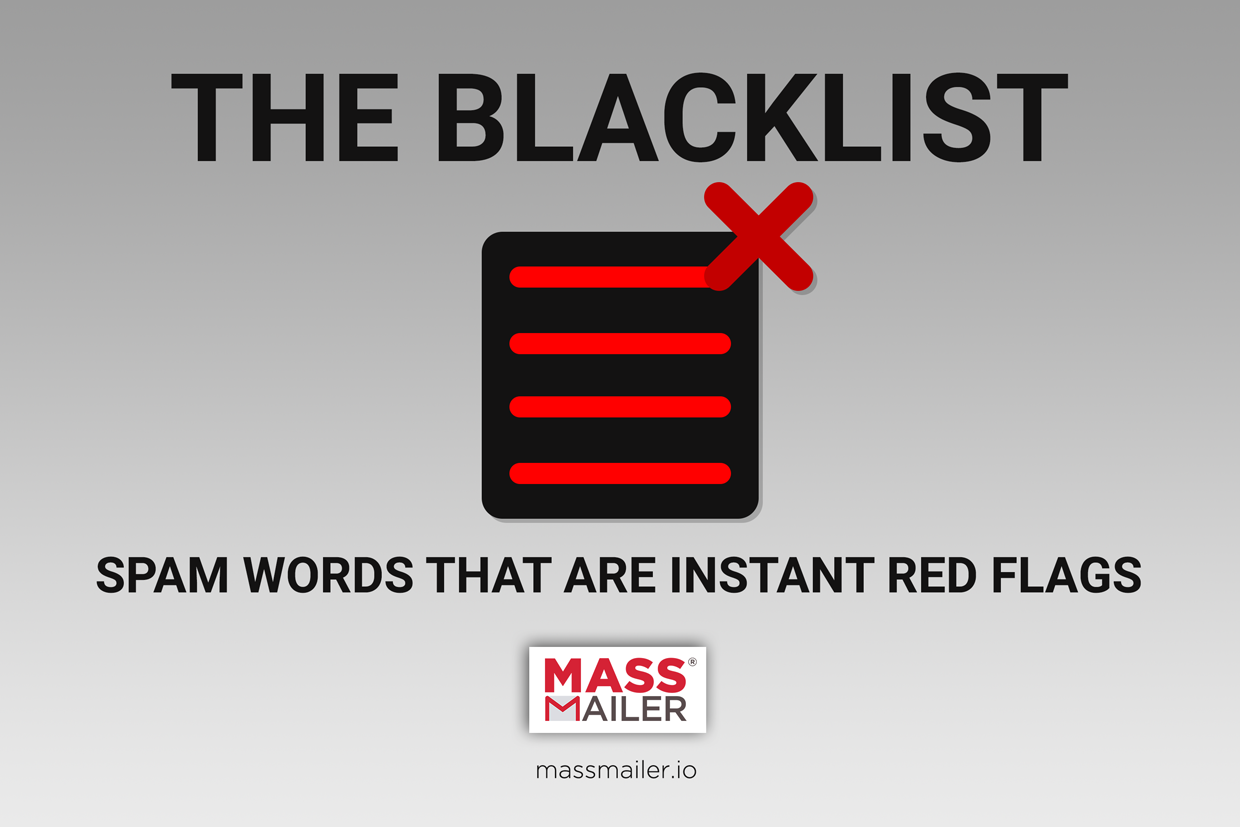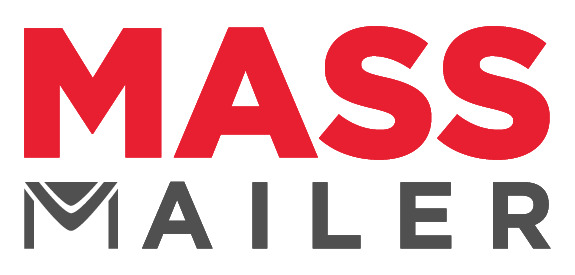Stop using these Spam words in Email Marketing
How do email spam filters actually catch spam? For the most part, they’re just looking for specific words much like a search engine would. But unlike a search engine, they aren’t promoting emails with these words they’re blocking them altogether. Email filters look for words that they deem suspicious and then rank emails based on how risky they appear to be. If their risk of being spam is high, a user may never see the email at all. Luckily for email marketers, it’s generally known which words are considered to be red flags.

The Obvious Words
These phrases tend to be related to the products that are most often sold by spammers: online biz opportunity, cash cash cash, explode your business, get out of debt, free money, free membership, no credit check, and save big money. These are words that are obviously used by spammers; they are likely to be found in spam emails and even in physical mailers. For the most part, most email marketers don’t need to worry about these obvious phrases they are not likely to use them when crafting legitimate emails. Only a few uses of these types of spam words are likely to block an entire email, making them the most dangerous words to use.
The “Deal” Words
These are words such as: as seen on, cancel at any time, sign up free today, special promotion, supplies are limited, take action now, and buy at any time. Though they are fairly obvious, they can trip up a marketer who isn’t paying attention; even simple terms such as “satisfaction guarantee” can be included in this category. These red flag words are designed to strip out any email that appears to be overly promotional. Emails can be regarding marketing promotions, but they should still be focused on delivering value to the consumer rather than trying to compel an immediate commitment.
The Common Words
So far most of these spam words have seemed obvious. But there are also some commonplace words that you may already be using in your email marketing campaign. These are words that occur with greater frequency in spam emails but on their own are fairly innocuous. These include words such as: buy, order, cheap, discount, insurance, loans, and legal. But it’s important to remember that these words are red flags only with context. Emails with a large number of these words (“buy cheap discount insurance now!”) are likely to be marked as spam, whereas a newsletter for your insurance company or your mortgage lender is not.
Nevertheless, it’s important for any email marketer to still be aware of these words and to avoid them unless strictly necessary. Words that imply a “deal” or that deal with some of the most common spam industries are generally the words that you want to avoid.
The Niche Words
Finally, there are niche words that can trigger a spam filter and that really only occur in a specific industry such as the marketing industry, insurance industry, or healthcare industry. It’s important to reflect upon the common spam words within your operating sector, as these are words that may also naturally come up in your own emails. Examples of these types of niche words include:
- Online dating: meet singles, dig up dirt on friends, score with babes.
- Employment: Additional income, be your own boss, earn per week, work from home, work at home.
- Financial sector: cash bonus, income, investment, credit check.
- Medical: lose weight, reverse aging, life insurance, remove wrinkles.
As you can see, some spam words are fairly common and difficult to avoid after all, what can you do if you’re actually selling life insurance? But by being knowledgeable about the types of words that filters are looking for, you can ensure that your emails are less likely to be filtered out overall. You don’t have to avoid all spam words, but you need to limit them if you’re going to have any hope of reaching your audience.
